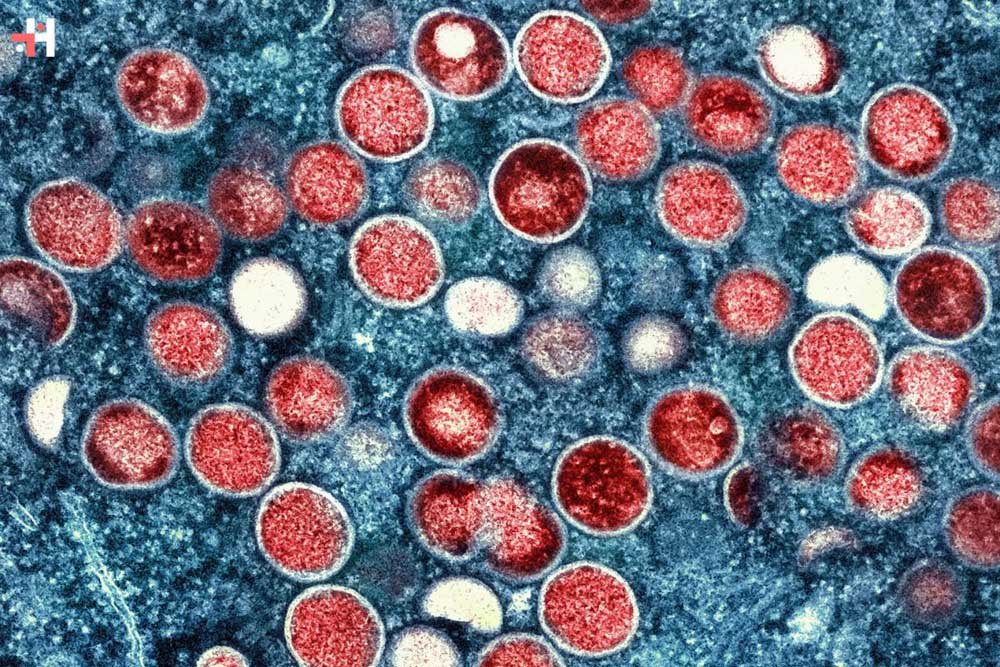(Source-CBS-17-1)
Health officials in North Carolina are sounding the alarm as mpox cases, previously known as monkeypox, surge across the state, prompting concerns about public health and safety.
According to reports from the North Carolina Department of Health and Human Services (NCDHHS), there has been a notable increase in mpox cases over the past six months, with 45 reported cases spanning 12 counties. This surge marks a significant rise from the nine cases reported in 2023, indicating a growing trend of mpox transmission in the state.
National Trend
The spike in mpox cases in North Carolina mirrors a larger national outbreak that began in late May 2022 and reached its peak from July to August 2022. In 2022 alone, NCDHHS recorded 703 cases of mpox in the state. Data from the Centers for Disease Control and Prevention (CDC) shows 298 cases reported in the U.S. in 2023 and 576 cases in 2024.
Mpox manifests with a range of symptoms, including distinctive rashes appearing on various parts of the body such as the genitals, hands, feet, chest, face, or mouth. These rashes may resemble pimples or blisters and can be accompanied by pain or itching. Additionally, patients may experience flu-like symptoms, fever, chills, swollen lymph nodes, exhaustion, muscle aches, backache, headache, and respiratory symptoms like sore throat, nasal congestion, or cough. The duration of mpox can last between two to four weeks, and individuals may spread the virus before symptoms manifest. Contagiousness ceases once the rash has fully healed.
Risk Factors
The primary mode of mpox transmission is through prolonged close contact, particularly during sexual activity. Individuals engaging in multiple or anonymous sexual partners are at heightened risk of mpox infection. Moreover, those exposed to mpox within the last 14 days are also vulnerable.
To mitigate the risk of mpox infection, hospitalization, and mortality, health officials advocate for vaccination with the JYNNEOS vaccine, which is available free of charge in North Carolina irrespective of immigration status. The vaccine, administered in two doses, is recommended for individuals aged 18 and older who are at risk of mpox. Those who have completed the two-dose regimen are considered fully vaccinated and do not require additional doses.
MPOX cases on the rise in North Carolina
Emphasizing Prevention
Dr. Erica Wilson, medical director for the medical consultation unit in the NCDHHS Division of Public Health, underscores the importance of vaccination in safeguarding against mpox. With cases on the rise in North Carolina, public awareness and proactive measures are crucial to stemming the spread of this infectious disease.
As mpox cases continue to escalate across North Carolina, vigilance and preventive action are paramount. Recognizing symptoms, seeking medical attention promptly, and getting vaccinated are vital steps in protecting oneself and the community against this emerging health threat.









